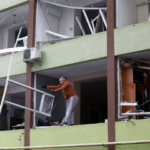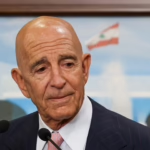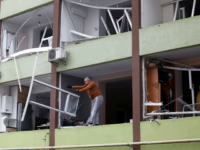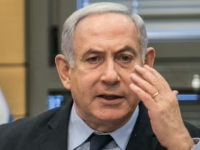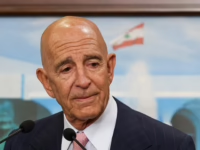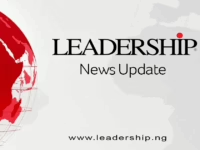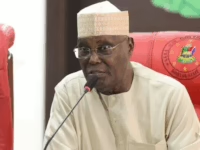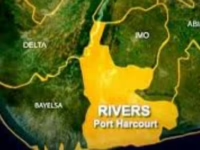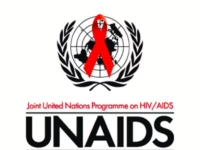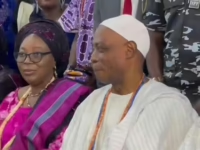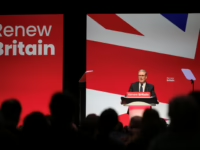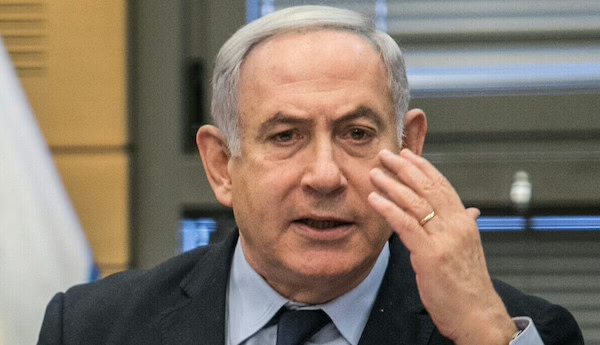Israeli Prime Minister Benjamin Netanyahu is scheduled to hold discussions with U.S. President Donald Trump on Monday, at a pivotal moment characterized by increasing international estrangement and intensifying domestic dissent regarding Israel’s ongoing military operations in Gaza.
This crucial encounter comes shortly after Trump introduced an extensive 21-point framework designed to resolve the Gaza conflict, a plan presented during meetings with Arab and Muslim leaders on the sidelines of the United Nations General Assembly.
On Sunday, Trump hinted at forthcoming breakthroughs in the Middle East situation, posting on Truth Social: “WE WILL GET IT DONE!!!” and promising “something special” in the near future.
Just days prior, he told reporters in Washington, “I think we have a deal” concerning Gaza – a statement that sharply contrasted with Netanyahu’s resolute stance at the UN, where he vowed Israel would “finish the job” against Hamas.
Despite Netanyahu’s assertive rhetoric, experts suggest his position is becoming increasingly fragile.
Eytan Gilboa, a specialist in U.S.-Israel relations at Bar-Ilan University, remarked, “Netanyahu is left with little alternative but to embrace” Trump’s ceasefire proposal, “mainly because the United States and Trump remain nearly his sole supporters on the global stage.”
Domestically, Netanyahu confronts mounting opposition from a swelling protest movement. Tens of thousands of Israelis have rallied in the streets, calling for an immediate ceasefire and the safe return of hostages held in Gaza.
Lishay Miran-Lavi, whose husband Omri is among those captive, emphasized, “The only way to halt this downward spiral is through a comprehensive agreement that ends the conflict and secures the release of all hostages and soldiers.” She urged the U.S. president directly: “Please leverage your influence with Prime Minister Netanyahu.”
In recent days, Israel’s diplomatic isolation has intensified. Several traditional Western allies-including the United Kingdom, France, Canada, and Australia-have officially recognized Palestinian statehood, signaling a departure from the conventional U.S.-led diplomatic stance.
Trump’s roadmap calls for a lasting ceasefire, Israeli withdrawal from Gaza, the liberation of hostages, and a substantial humanitarian aid influx. While Arab and Muslim leaders have expressed support for the plan, they insist Israel must immediately cease military actions and avoid reoccupying Gaza.
However, certain elements of the proposal are politically sensitive for Netanyahu. Notably, the suggested reinstatement of the Palestinian Authority (PA) as Gaza’s governing body is a contentious issue within his right-wing coalition. The PA governed Gaza until Hamas took control in 2007.
Although the U.S. plan links the PA’s return to significant internal reforms, Gilboa cautions that these changes “may require years to materialize.”
Netanyahu’s far-right allies have warned they might withdraw their support if he agrees to PA governance or halts military operations without decisively defeating Hamas, raising the specter of a political crisis within Israel’s government.
To mitigate this pressure, opposition leader Yair Lapid has offered to act as a “safety net” for any potential agreement. His centrist Yesh Atid party has committed to backing a ceasefire and hostage release deal, though it remains unclear if other opposition groups will follow suit.
Ksenia Svetlova, a former Knesset member and head of the regional NGO ROPES, noted, “A plan of this magnitude requires broad consensus.” She predicted Netanyahu might accept certain aspects of the U.S. proposal while seeking to postpone or renegotiate others that appear challenging at this time.
One particularly complex issue is determining who would oversee security in Gaza following a possible Israeli withdrawal and Hamas disarmament. Trump’s plan envisions a multinational security force comprising Palestinian personnel alongside troops from Arab and Muslim countries.
Yet, critical operational details remain unclear, including leadership and command structure of this force.
“This approach internationalizes the Gaza conflict in an unprecedented manner,” Svetlova observed, “but lacks clarity on leadership, objectives, and accountability.”
“The level of uncertainty here is truly significant,” she added.
As Netanyahu prepares for his meeting with Trump, he faces a crossroads-balancing the urgent need to end the war, secure the hostages’ release, and preserve his government amid a deeply divided political environment and evolving global perspectives on Gaza’s future.


